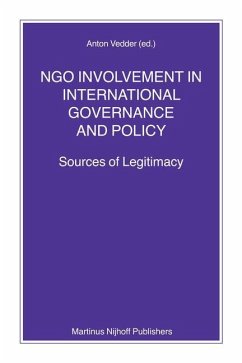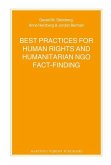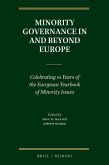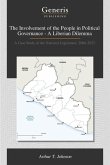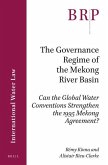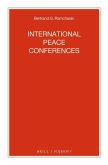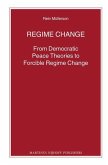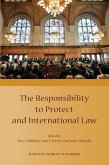Internationally operating nongovernmental organisations, NGOs, are increasingly involved in international politics and policy making. In many respects their involvement resembles activities and policies that, until recently, were typical of traditional national authorities. This book is about the reasons for which NGOs can and the reasons for which NGOs cannot be considered as rightful participants in international governance. It tries to deliver rationally defensible starting points for the discussion and the assessment of claims for the legitimacy of their organizations and activities. The book focuses on the question: What conditions must ideally be met for an organization to be called truthfully legitimate, be it or be it not as a matter of fact perceived as legitimate by the public? This does not mean that empirically descriptive questions are left aside. Practical feasibility is important even to a thoroughly normative conception of legitimacy. For that reason and for heuristic purposes, large parts of this book are dedicated to the ways in which NGOs and stakeholders perceive NGO legitimacy.
Hinweis: Dieser Artikel kann nur an eine deutsche Lieferadresse ausgeliefert werden.
Hinweis: Dieser Artikel kann nur an eine deutsche Lieferadresse ausgeliefert werden.

